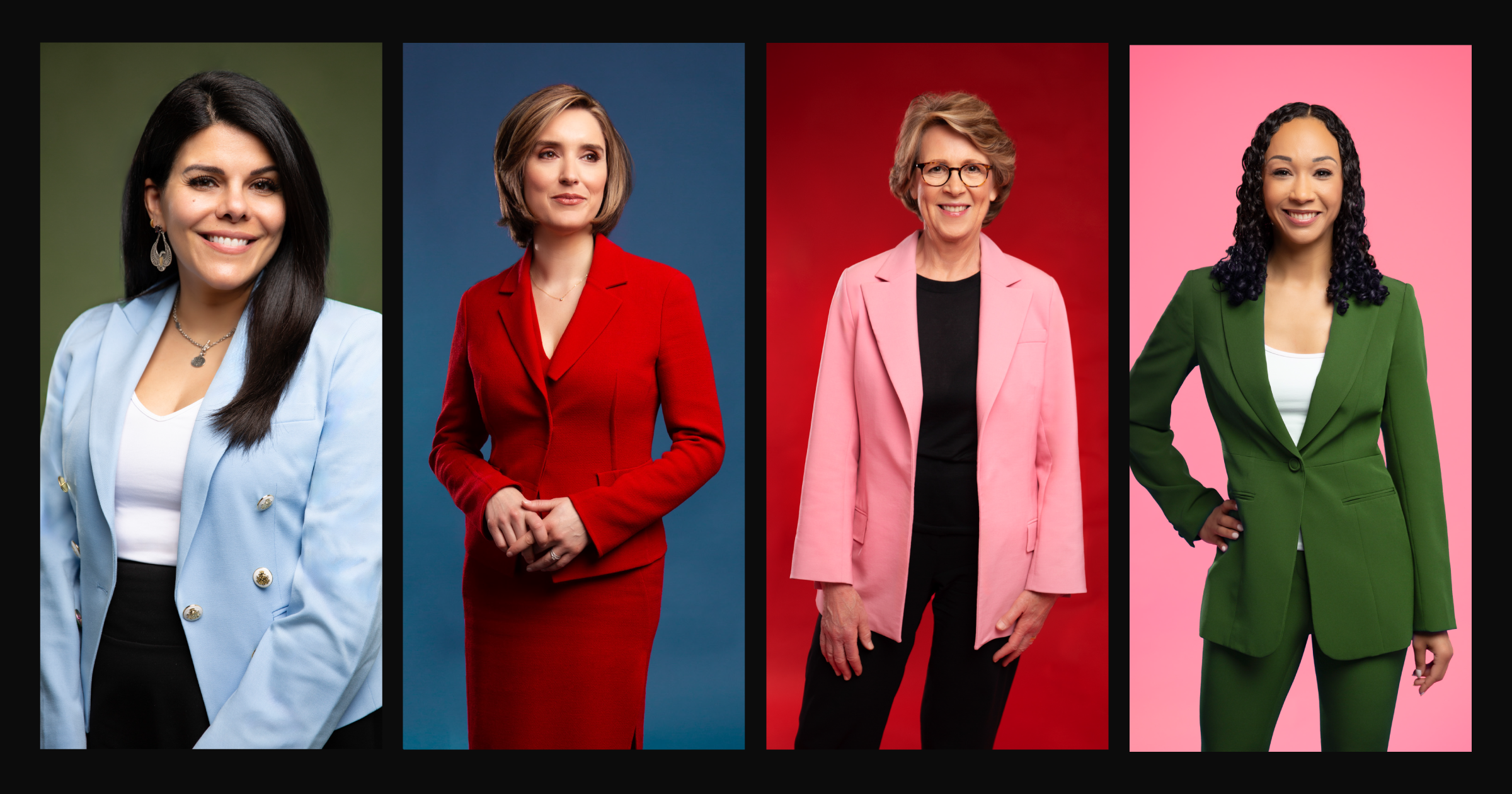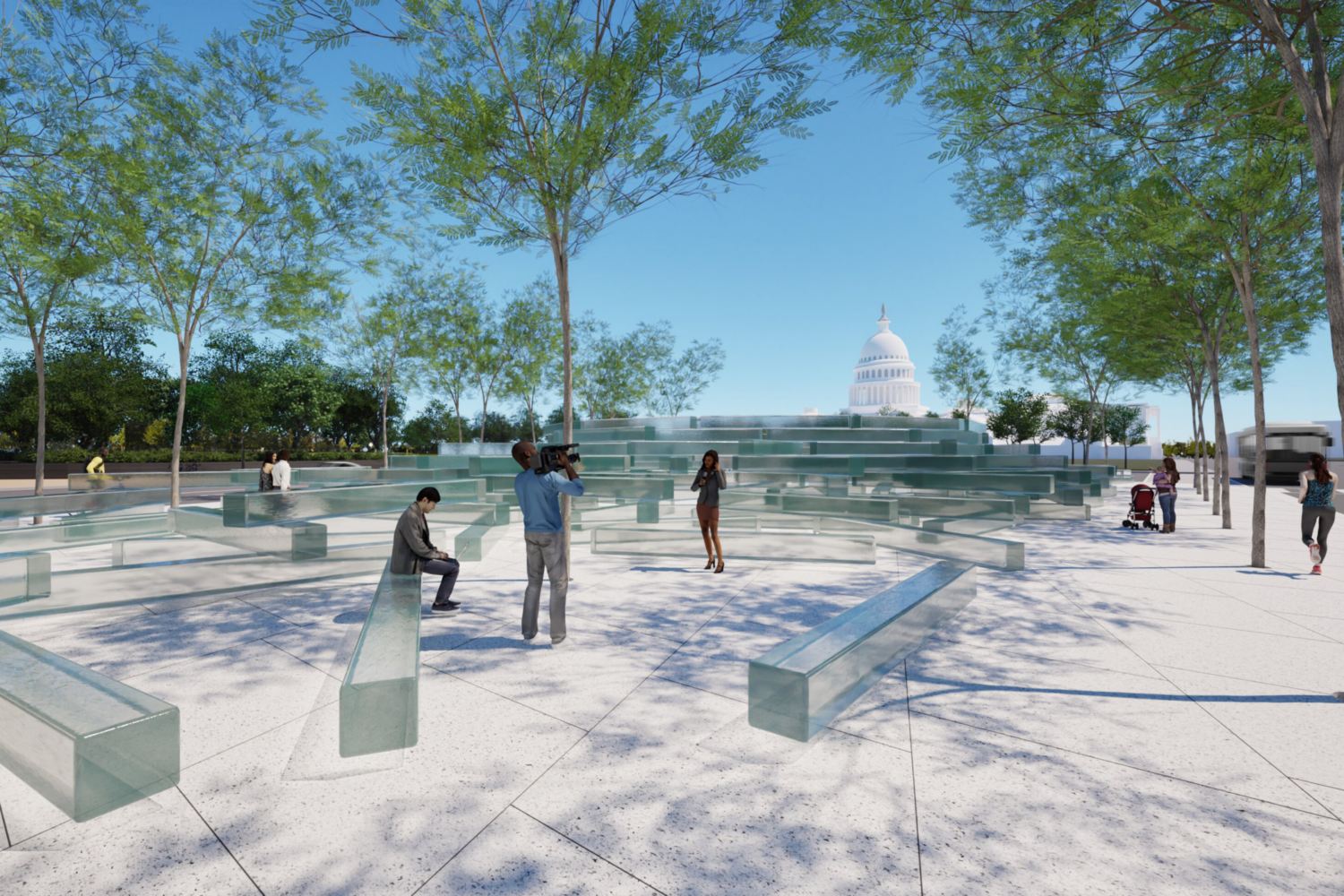Each year, Washingtonian helps sponsor the Washington Women in Journalism Awards to recognize outstanding reporters and editors for their work across all forms of media. This year’s winners have led the industry in covering breaking news and politics. They will be honored at a reception on April 27.
Gloria Borger
CNN

Gloria Borger
CNN
A regular on CNN’s prime-time programs, senior political analyst and columnist Gloria Borger provides sought-after insight into the day’s breaking news and political stories. At the network since 2007, she’s worked on several major documentaries and played a pivotal role in CNN’s Emmy Award–winning election-night coverage in 2012. Borger was previously at U.S. News & World Report, Newsweek, and CBS.
Where she grew up: New Rochelle, New York.
First journalism job: “From college, I went to work at the Washington Star, which no longer exists. It was an old-fashioned afternoon newspaper and had some amazing journalists.”
First byline: “For my first byline at the Star, I covered the National Spelling Bee.”
First big story: “It’s hard to say. I covered the Marvin Mandel trial. He was a former Maryland governor who had been indicted. When you’re a young reporter, your most memorable journalism is when your editor comes out and says to you, ‘Can you get to X, Y, Z, because something is going on?’ and then running out of the newsroom and coming back with a story.”
Work she’s proudest of: “There are a whole bunch of stories I look back on with joy. I did a documentary that I used to call ‘Losers,’ but we called it Almost President, and it was about the people who had lost [a presidential election]. I spoke with Walter Mondale, John McCain, and Bob Dole, all these people, about what it felt like to have a loss that is in the greatest glare of American history. When you do profiles like that, you’re kind of peeling the onion of a personality that is larger than life. There’s just so much richness to these stories, and it was an honor for me to be able to tell their story.”
Best journalism tip or hack: “Do your homework. This is not a business you can skate in—you have to dig in to try and get it right.”
What she would like to see change to make the journalism industry better for women: “We have to continue to have women not only on air but in management positions all over.”
What drew her to journalism: “I was a naturally nosy person. I was the editor of my high-school newspaper, and I became the editor of my college newspaper. Writing is what I love.”
Why she has stayed in it: “It can be a very stressful job because you strive to do great stories and to get them right. But storytelling is so important.”
Asma Khalid
NPR
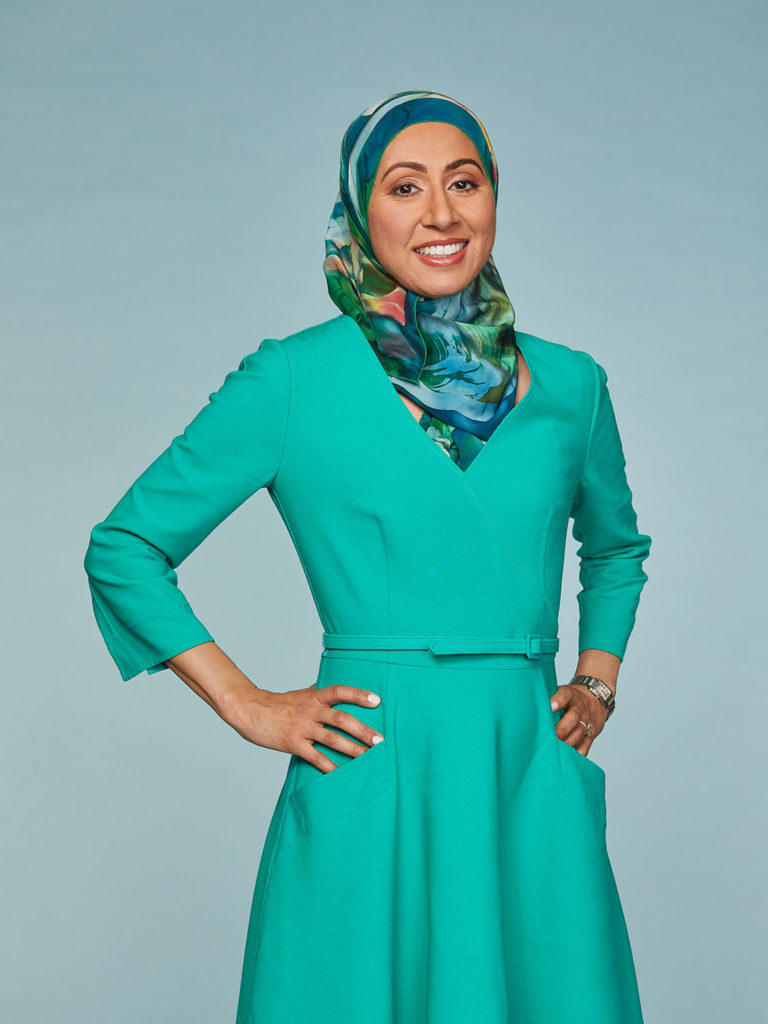
Asma Khalid
NPR
NPR’s Asma Khalid has traveled across America, where her on-the-ground reporting often explores the intersection of politics and demographics. After covering elections in 2014, 2016, 2018, and 2020, she’s now a White House correspondent and cohost of The NPR Politics Podcast. She was previously at Boston’s NPR station, WBUR.
Where she grew up: Crown Point, Indiana.
First journalism job: “My first post-college job was at NPR. I was a production assistant for the first few years.”
First byline: “I can’t remember what my first byline was, but a story that has stuck in my mind is when the KKK had come to my hometown. I was in high school, and I remember writing about it [for the school newspaper], which was eye-opening—reporting on something that I had thought was in the pages of a history book.”
First big story: “I covered the Boston Marathon bombings, which was a devastating story to cover. And, frankly, the hardest thing to conceptualize for me was that the two men responsible had distorted and misused my own faith. That was really hard to grapple with on a personal level. It still remains one of the hardest stories I’ve ever covered.”
Work she’s proudest of: “I’m really proud of a series of stories we did in the 2018 election around nonvoters. We went to communities that, for different reasons, had particularly low voter turnout and explored the causes of that.”
Best journalism advice she’s received: “Listen, observe, and let other people talk.”
Best journalism tip or hack: “I try to always remain curious. If you lose that sense of curiosity, it comes through in the reporting.”
What she would like to see change to make the journalism industry better for women: “I wish there was a greater understanding that so many of us are working moms and that our children are a factor in our lives.”
What drew her to journalism: “In second grade, I read a kids’ version of a biography of Nellie Bly, and I was mesmerized by her story. Here was this muckraking journalist who went undercover to explain systemic wrongs, and I just thought it was an amazing job.”
Why she has stayed in it: “It’s an unstable, unpredictable field, but I love it. You’re paid to be curious and ask questions—I can’t think of a better job.”
Kelly O’Donnell
NBC
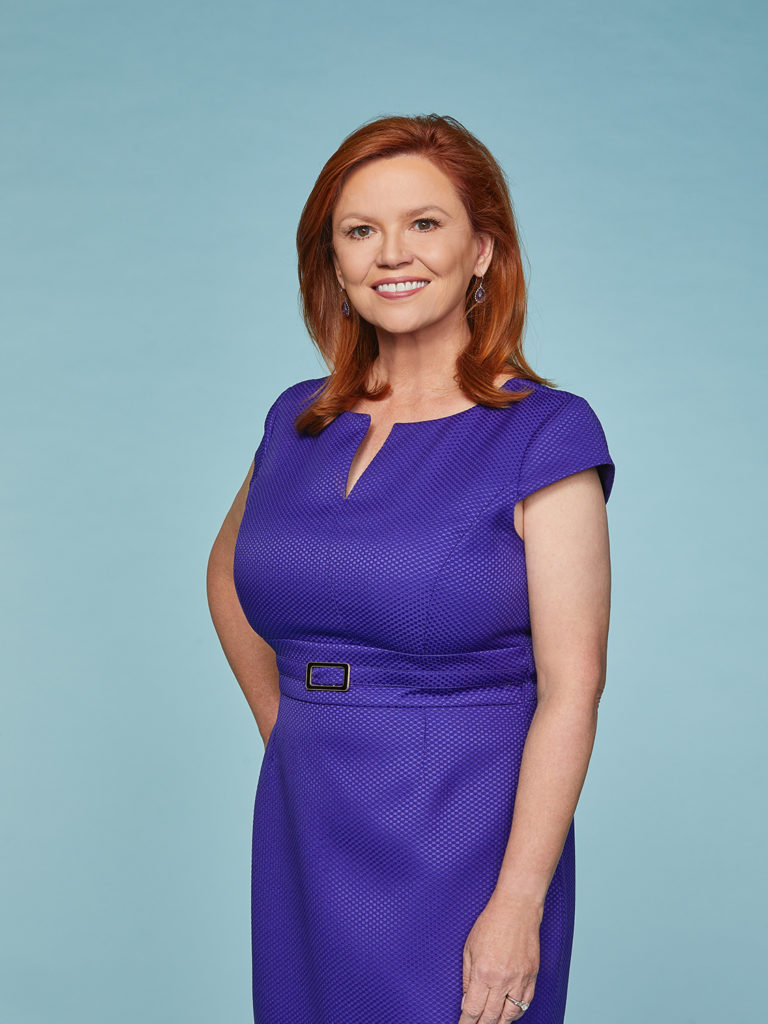
Kelly O’Donnell
NBC
Over the past 30 years, Emmy Award–winning reporter Kelly O’Donnell has covered presidential campaigns and administrations, as well as major events such as the September 11 attacks and the O.J. Simpson trial. She now serves as a senior White House correspondent for NBC News in addition to being president of the White House Correspondents’ Association.
Where she grew up: Cleveland.
First byline: “At age seven or eight, I began doing the morning announcements of things that were happening at school.”
First journalism job: Associate producer at WJW-TV in Cleveland.
First big story: “There was a plane crash, Flight 405. The plane was flying from LaGuardia to Cleveland, and it crashed off of the runway at LaGuardia.”
Work she’s proudest of: “Covering the Oklahoma City bombing, from the initial days after the bomb went off. I followed that story for years. I covered the trials of Timothy McVeigh and Terry Nichols, who were the convicted bombers, followed the progress of [victims’] family members going through their own recovery; and then [covered] anniversaries that were significant, when the community came together and built the memorial. I was a part of it with the people whose lives were so deeply affected from the very beginning, and then through such a significant period of time where I saw how their lives changed.”
Hardest story she’s ever done: “[The school shooting at] Columbine. Having to seek out the families and find out if they would be willing to talk—that is a very, very difficult thing to do in the immediate days after a tragedy.”
Best journalism advice she’s received: “Be open to adapting to every new assignment. There have been times when I’ve had my assignment changed, and at first I thought, ‘How am I ever going to adjust to this?,’ and I was amazed each time. Journalism is really about all of the different points along the way, so live in the moment of enjoying the stories you’re doing and being engaged in what you’re working on.”
Best journalism tip: “Always have questions ready.”
What drew her to journalism and why she has stayed in it: “I had an inspiration that this was going to be my career, almost as if it wasn’t my own choice. My brother recently converted old reel tape into digital audio, where I was interviewing our parents when I was three or four, holding a hairbrush and pretending to be a reporter. I have no idea how I’d even know to do that, and that interest carried through school and internships.”
Jacqueline Alemany
Washington Post
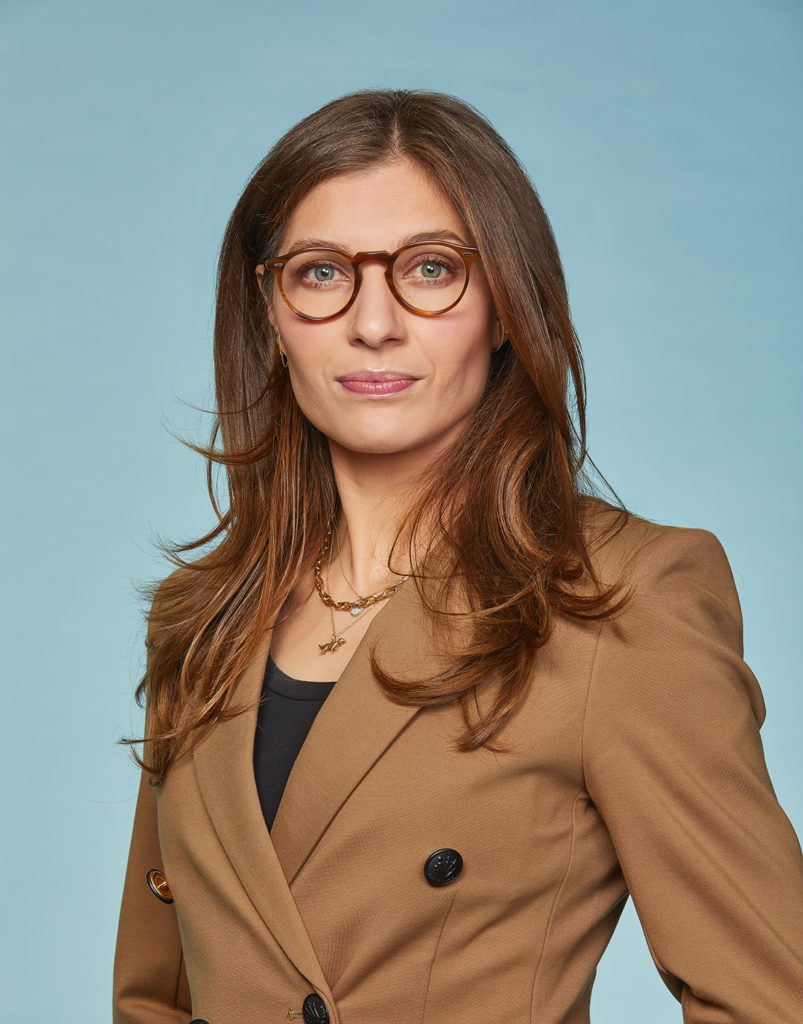
Jacqueline Alemany
Washington Post
Jacqueline Alemany spent six years at CBS News covering the 2016 presidential campaign and the Trump White House. She’s now a congressional-investigations reporter at the Washington Post, where she founded the “Early 202” newsletter.
Where she grew up: Scarsdale, New York.
First journalism job: “I was a page in the CBS News page program for Anderson Live. Afterwards, I went to Crimesider, which was our true-crime website.”
First big story: “My first piece of breaking news was when I was living in New Hampshire covering the 2016 Republican primaries for CBS. It soon became clear that Rick Perry was not going to be the nominee, and he started cutting staff. It happened pretty early in the process. It was a small tidbit of news, but there’s nothing like the adrenaline of uncovering something other people probably don’t want you to be reporting on.”
Work she’s proudest of: “The series of pieces my colleagues and I at the Post did that broke the news and developed the story on Trump’s mishandling of classified documents.”
Hardest story she’s ever done: “A profile of Anna Paulina Luna, the Republican congresswoman from Florida [alleged to have fabricated part of her biography], was probably one of the more difficult because of the amount of research, fact-checking, and attention to every single sentence, along with the amount of people we had to speak to. I do think there were some bad-faith attacks on the story that made things a bit more stressful and anxiety-inducing, but that also means you’re doing a good job in unearthing things that people might not necessarily want out there but that the public deserves to know.”
Best journalism advice she’s received: “Never let them see you sweat. I think about that once a day, and it motivates me to just always be prepared to be on my game.”
Best journalism tip: “Zig when others zag. If everyone is covering one story, then go find the story no one else has found.”
What drew her to journalism and why she has stayed in it: “I always knew I wanted to be a writer. I majored in government in college and grew up in a household that revolved around dinner-table conversations around current events, politics, and social justice. Pursuing a career in political journalism was the ideal marriage of those interests.”
What she would like to see change to make the journalism industry better for women: “I would like to see pay disparities between men and women in the newsroom eliminated. I would also like to see newsrooms pay for fertility treatments for women.”
One female journalist she admires: “Martha Gellhorn. I think she is one of the greatest war correspondents of our time and was a real inspiration for me in getting into journalism.”
Past Winners
2022
Kaitlan Collins
CNN
—
Kathleen Parker
Washington Post
—
Martha Raddatz
ABC
—
Ayesha Rascoe
NPR
2019
Andrea Mitchell
NBC
—
Ashley Parker
Washington Post
—
Abby Phillip
CNN
—
Amanda Terkel
HuffPost
2016
Dana Bash
CNN
—
Kathryn Lopez
National Review
—
Susan Page
USA Today
—
Carolyn Ryan
New York Times
2021
Yamiche Alcindor
PBS
—
Karen Attiah
Washington Post
—
Susan Glasser
New Yorker
—
Norah O’Donnell
CBS
2018
Amanda Bennett
Voice of America
—
Audie Cornish
NPR
—
Lynn Sweet
Chicago Sun-Times
—
Amy Walter
Cook Political Report
2020
Rita Braver
CBS
—
Molly Ball
Time
—
Anna Palmer
Politico
—
Kristen Welker
NBC
2017
Mary KatharineHam
CNN
—
Mary Louise Kelly
NPR
—
Jane Mayer
New Yorker
—
Cokie Roberts
NPR/ABC/PBS









